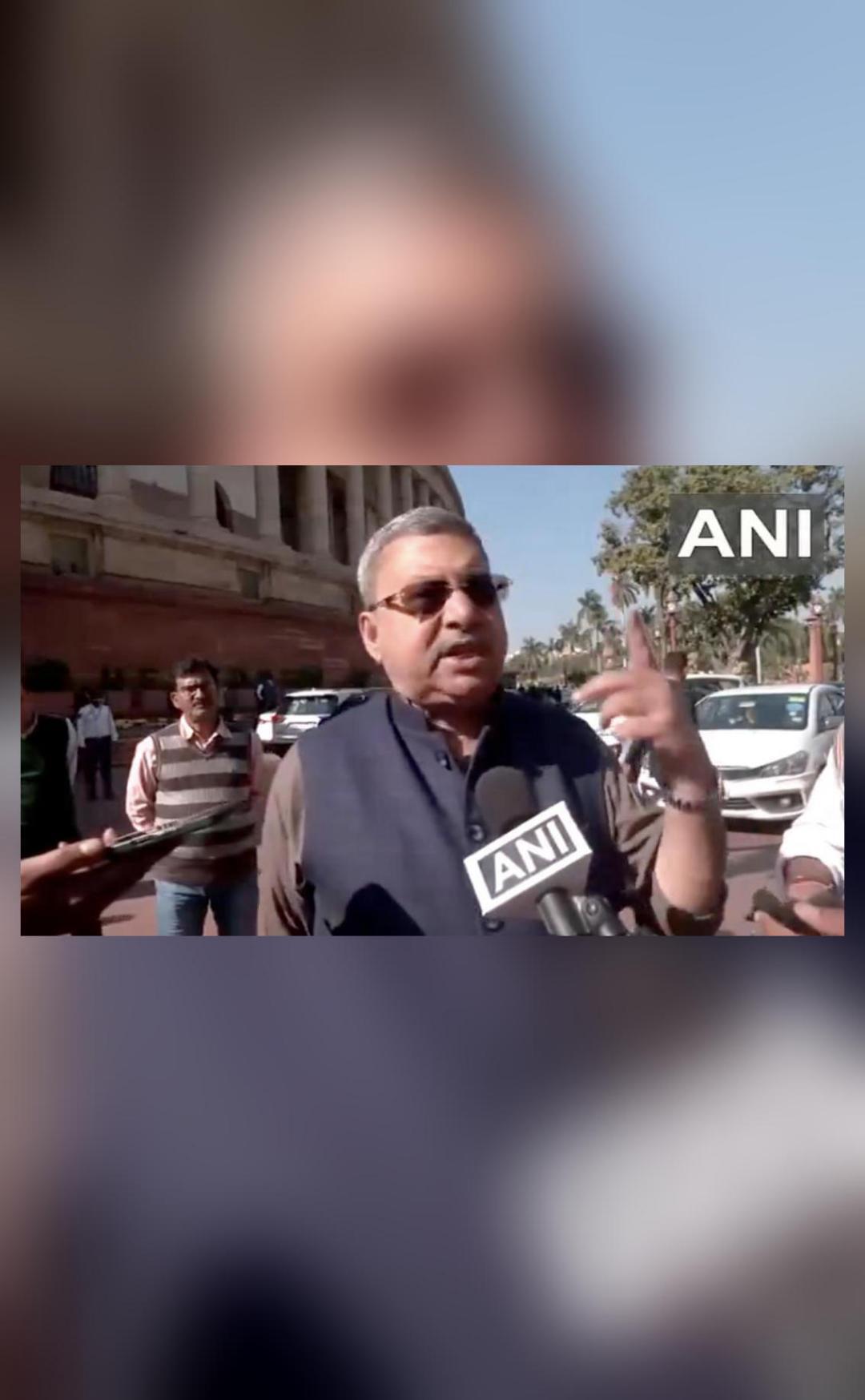 |
|
The Lok Sabha, the lower house of India's parliament, was adjourned on Tuesday amidst significant political turmoil. This disruption, according to Trinamool Congress (TMC) MP Kalyan Banerjee, is a direct result of the actions of both the Congress and Bharatiya Janata Party (BJP). Banerjee's statement highlights a pattern of obstruction, with each major party seemingly hindering the proceedings when it suits their political agenda. One day, Congress might attempt to push forward their agenda, only to have the BJP disrupt the session through various parliamentary tactics, and vice versa. This leaves smaller parties with little to no opportunity to present their concerns or engage in meaningful legislative debate.
Banerjee's accusation underscores a deep-seated issue within the Indian parliamentary system: the erosion of constructive dialogue and the increasing prevalence of disruptive tactics for political gain. The functioning of the Lok Sabha is crucial for the smooth progress of legislation and the representation of diverse voices across the country. When major parties engage in obstructive behavior, it undermines the democratic process and prevents the effective functioning of the government. This pattern of disruption not only impacts the legislative process but also erodes public trust in the political system as a whole. Citizens become disillusioned when they see their elected representatives prioritize partisan gamesmanship over the interests of the nation.
The inability of smaller parties to participate in the legislative process is particularly concerning. These parties often represent the voices of marginalized communities and specific regional interests. Their inability to have their voices heard is a major setback for inclusive governance. This highlights the need for stricter rules and regulations regarding parliamentary conduct, as well as a greater emphasis on building consensus and fostering collaboration across party lines. Without a change in approach, the pattern of disruptive behavior is likely to continue, further hindering the effectiveness of India's parliamentary democracy and alienating citizens who see their government bogged down in unproductive political battles.
The broader implications of this incident extend beyond the immediate disruption of parliamentary proceedings. The constant political battles between major parties create an environment of instability which can harm the country's reputation on the international stage and discourage foreign investment. Businesses and investors often look for political stability as a sign of a strong and reliable economy, and the continuous disruption in parliament can cast a shadow on India's image. It also fuels public cynicism toward the political establishment, which can lead to voter apathy and disengagement from the democratic process.
Moving forward, several key strategies are required to improve the situation. Firstly, stricter enforcement of rules of conduct in parliament is essential. This includes clear penalties for disruptive behavior, ensuring that all parties are held accountable for their actions. Secondly, leadership from all major parties is critical. Party leaders must actively encourage cooperation and compromise amongst their members. This might involve formal dialogues, behind-the-scenes negotiations, and public commitments to upholding parliamentary decorum. Lastly, increased public awareness is essential. Citizens must hold their elected representatives accountable for their behavior and demand a more productive and collaborative approach to governance. Only through such efforts can India's parliamentary system be rescued from the cycle of disruption and restored to its intended purpose of representing and serving the nation’s interests effectively.
